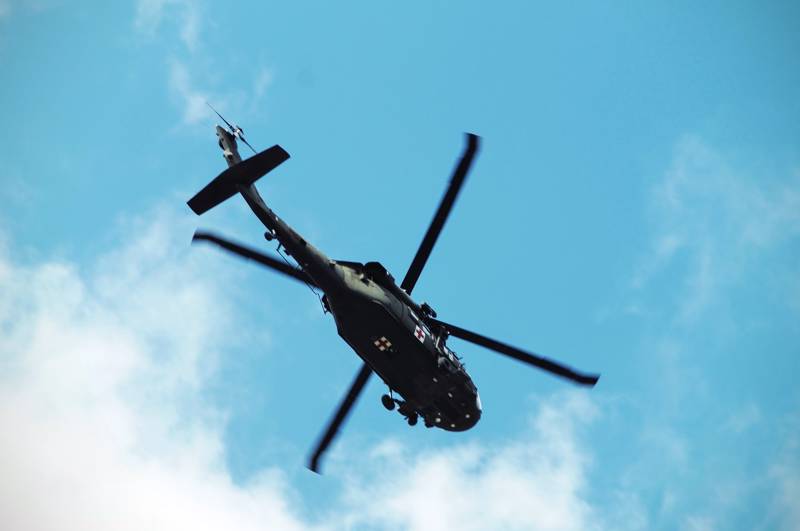All over the world, states are responding to the challenges of the COVID-19 pandemic by invoking the state of emergency – generally characterized by an expansion of the state power, allowing it to perform actions that it could not carry in times of normal politics. States of emergency, and the security practices they allow, have the potential to be instrumentalized to advance political agendas and destabilize societies, in particular the ones already exposed to some form of conflict.
In the current pandemic scenario, these security practices are often mediated by surveillance technologies that different countries around the world have been openly deploying, from metadata analysis to geolocation tracking and facial recognition screening. A comparative analysis of how different countries are employing these technologies at the service of exceptional security practices is required in order to understand broader societal implication of the pandemic.
Discussions on the state of exception and the state of emergency are central to the literatures on constitutionalism, democracy, ethics, and security. Additionally, considering that the contemporary security practices are very much reliant on big data, pattern of life analysis, geolocation, and facial recognition, literatures on the ethics of technology, surveillance studies and the political sociology of technology should be mobilized as well.
The project will address three main research questions:
How are different states using the state of emergency to fight the COVID 19 pandemic?
What are the broader societal implications emanating from the widespread use of security technologies during states of emergency?
How can the literatures on Science and Technology Studies (STS), critical security studies and ethics of technology contribute to inform policy-making in times of exception?
Project outputs: Revisiting Emergency eLearning, by Michael P. A. Murphy, in PRIO Blog, December 2020.
Public-Private Partnerships during COVID-19: time to ask some questions, by Neven Ahmad, in PRIO Blog, October 2020.
Coronavirus Tracking Apps: Normalizing Surveillance During States of Emergency, by Raluca Csernatoni, in Carnegie Europe, September 2020.
Droner i pandemibekjempelse, by Bruno Oliveira Martins, Chantal Lavallée & Andrea Silkoset, in Sosiologen, May 2020.
Drones in Times of Pandemic: Caution behind the Hype, by Bruno Oliveira Martins, Chantal Lavallée & Andrea Silkoset, Global Policy, April 2020.
Are We Sleepwalking into New Technological Futures?, Bruno Oliveira Martins & Neven Ahmad, PRIO's Peace in a Pod, January 2021
Media engagement:
"See how drones are helping fight coronavirus", CNN video report with Bruno Oliveira Martins, May 2020.
"O Estado do Sítio", TSF radio programme (in Portuguese), May 2020.
"Drones têm muitas vantagens, mas cuidado com abusos", Jornal de Notícias, April 2020.










